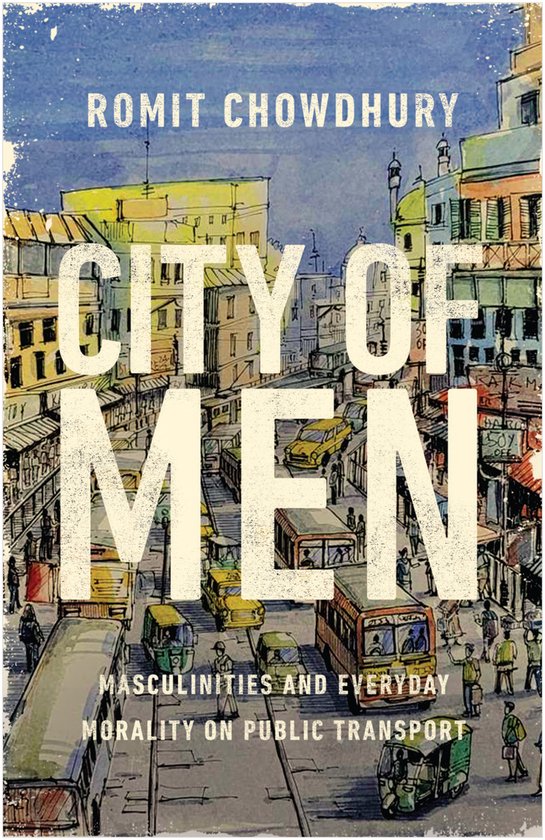
City of Men
Through ethnographic descriptions of co-presence on public transport in Kolkata, this book brings into sight the gendered logics of cooperation and everyday morality through which masculinities take up space in cities.
In South Asian urban landscapes, men are everywhere. And yet we do not seem to know very much about precisely what men do in the city as men. How do men experience gender in city spaces? What are the interactional dynamics between different groups of men on city streets? How do men adjudicate between good and bad conduct in urban spaces? Through ethnographic descriptions of copresence on public transport in Kolkata, India, this book brings into sight the gendered logics of cooperation and everyday morality through which masculinities take up space in cities. It follows the labor geographies of auto-rickshaw and taxi operators and their interactions with traffic police and commuters to argue that the gendered fabric of urban life needs to be understood as a product of situational forms of cooperation between different social groups. Such an orientation sheds light on the part played by everyday morality and provisional support in upholding male privilege in the city.
In South Asian urban landscapes, men are everywhere. And yet we do not seem to know very much about precisely what men do in the city as men. How do men experience gender in city spaces? What are the interactional dynamics between different groups of men on city streets? How do men adjudicate between good and bad conduct in urban spaces? Through ethnographic descriptions of copresence on public transport in Kolkata, India, this book brings into sight the gendered logics of cooperation and everyday morality through which masculinities take up space in cities. It follows the labor geographies of auto-rickshaw and taxi operators and their interactions with traffic police and commuters to argue that the gendered fabric of urban life needs to be understood as a product of situational forms of cooperation between different social groups. Such an orientation sheds light on the part played by everyday morality and provisional support in upholding male privilege in the city.
| Auteur | | Romit Chowdhury |
| Taal | | Engels |
| Type | | Paperback |
| Categorie | | Mens & Maatschappij |





